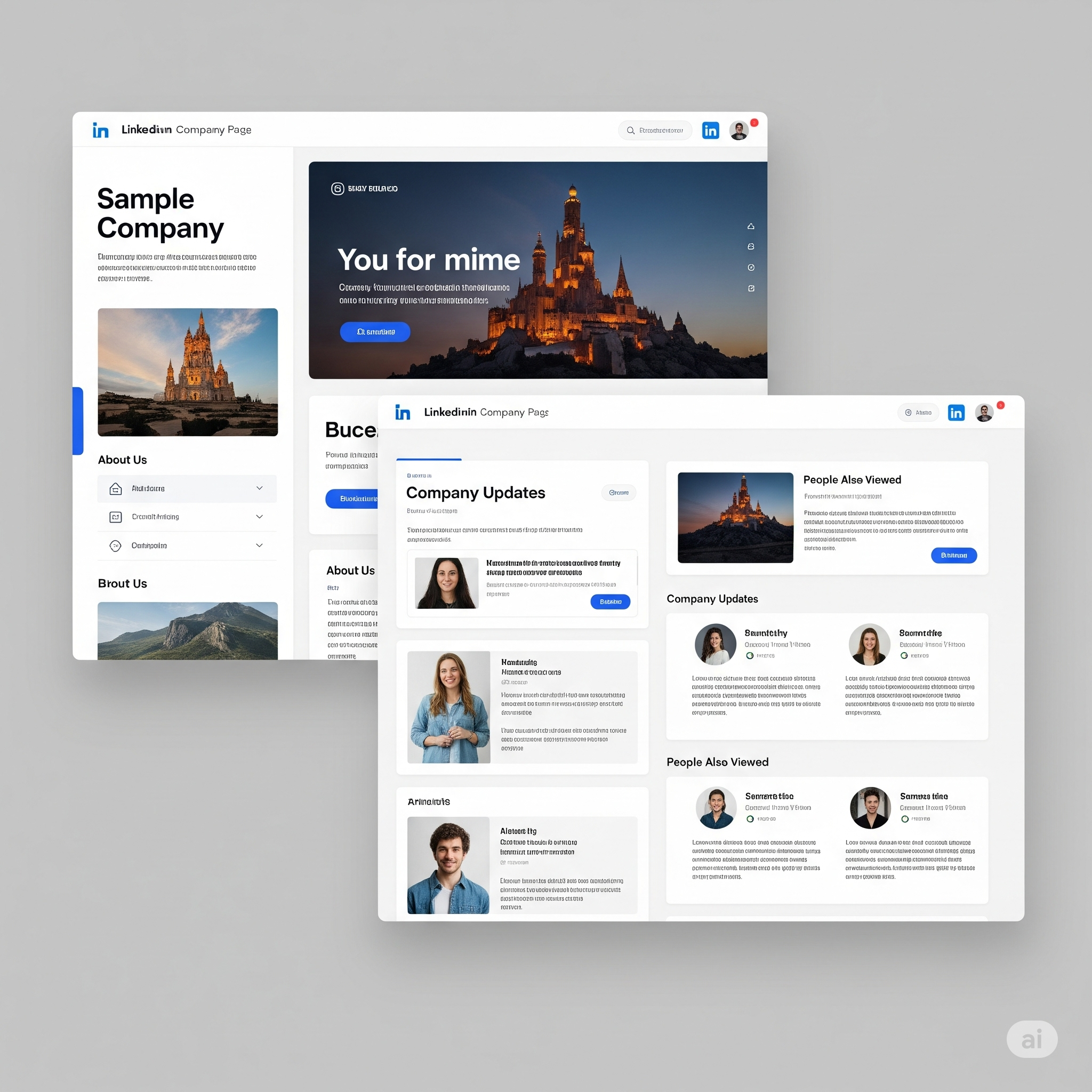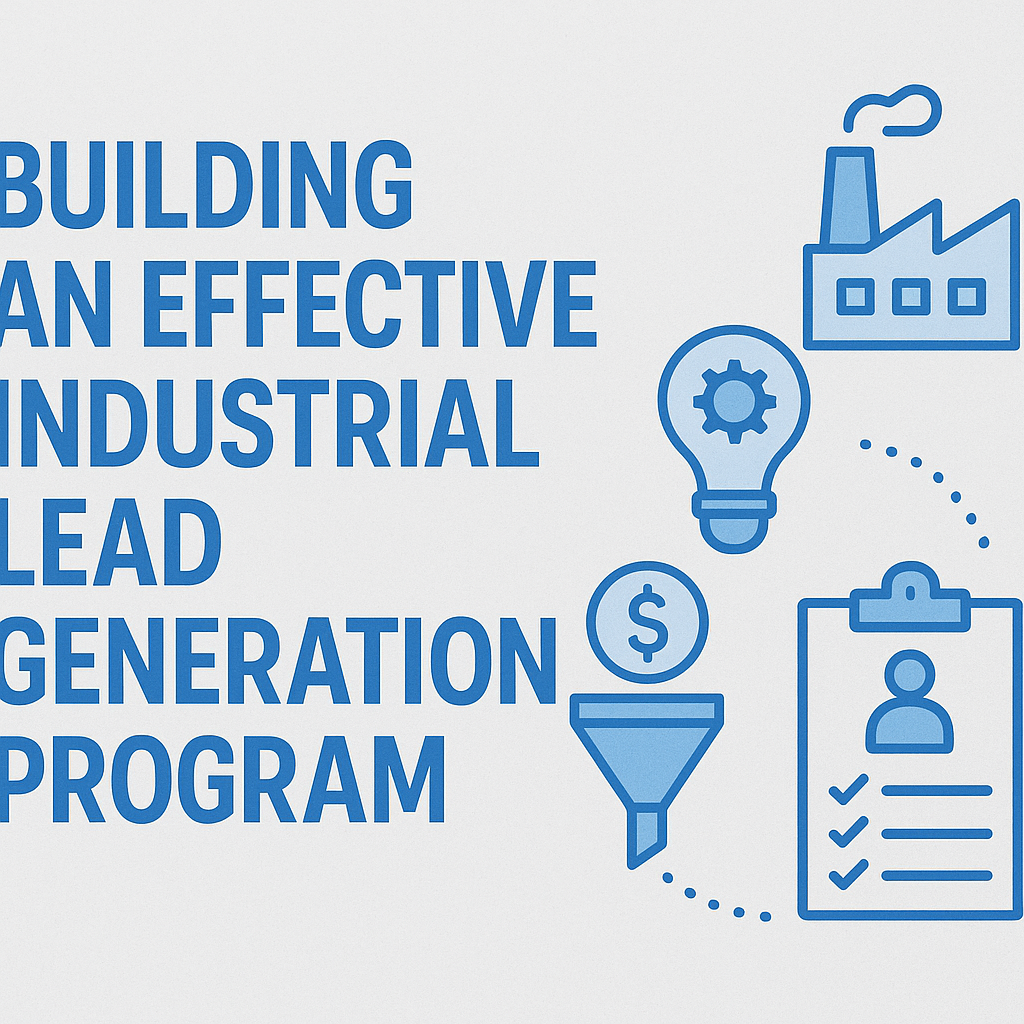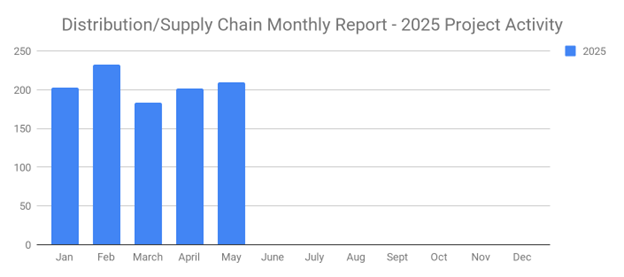
Competition is an inevitable part of selling B2B-related products or services. Regardless of your industry, your company likely faces competitors offering similar products or services. Some markets are more competitive than others, and if your B2B company operates in such an environment, implementing the following tips can significantly increase your chances of success.
Key Strategies to Excel in Competitive B2B Markets
1. Conduct a Competitor Analysis: Analyzing your competitors' operations can provide valuable insights. By examining their products, services, and sales processes, you can identify areas for improvement in your own strategy, helping you stand out in the crowded marketplace. Start by identifying your top competitors and gathering information about their offerings, pricing, marketing strategies, and customer reviews. Use this data to benchmark your performance and develop strategies to differentiate your products or services.
2. Define a Unique Value Proposition: Clearly articulate the unique benefits of your products or services. A strong value proposition will differentiate your offerings from those of competitors and attract prospective buyers. Your value proposition should address the specific needs and pain points of your target audience, highlighting how your solution is superior. Ensure that your sales and marketing teams consistently communicate this value proposition across all customer touchpoints.
3. Start a Blog: Maintaining an active blog with regular, meaningful posts can draw more prospective buyers to your company. Companies that blog consistently generate 300% more traffic compared to those that blog less frequently. Use your blog to share industry insights, case studies, and thought leadership content that positions your company as an expert in your field. Engaging content can also improve your website's SEO performance, making it easier for potential customers to find you online.
4. Automate Sales Tasks: Automate repetitive sales tasks to free up time for more strategic activities. Automating tasks such as dialing and voicemail can increase efficiency and allow sales reps to focus on high-value interactions. Implementing a CRM system can help streamline processes, track customer interactions, and manage leads more effectively. Automation tools can also assist with follow-up emails, appointment scheduling, and data entry, reducing administrative burdens on your sales team.
5. Leverage Email: Email remains a powerful tool in B2B sales. Many business owners prefer email communication, making it essential to integrate email into your sales strategy. Personalize your email campaigns to address the specific needs and interests of your recipients. Use segmentation to target different buyer personas and craft compelling subject lines to increase open rates. Follow up on initial emails with relevant content and offers to nurture leads through the sales funnel.
6. Learn From Objections: Understand and learn from sales objections. This feedback can provide insights into potential improvements in your sales approach and product offerings. Common objections may relate to pricing, product features, or timing. Train your sales team to handle objections effectively by addressing the underlying concerns and providing evidence to support your claims. Use objections as opportunities to refine your messaging and strengthen your value proposition.
7. Provide Excellent Support: Exceptional customer support can be a deciding factor for buyers choosing between your company and a competitor. Ensure your support services are top-notch to enhance customer satisfaction and loyalty. Offer multiple channels for customer support, including phone, email, live chat, and social media. Provide timely and accurate responses to inquiries and proactively address any issues that arise. Happy customers are more likely to become repeat buyers and advocates for your brand.
8. Increase Brand Awareness: Building brand awareness is crucial. When prospective buyers recognize your brand, they are more likely to choose your products or services over those of competitors. Invest in brand-building activities such as content marketing, social media engagement, public relations, and industry events. Consistent branding across all marketing materials and customer interactions will reinforce your company's identity and values.
9. Leverage Referrals: Encourage satisfied customers to refer your company to others. Referrals carry significant weight and can lead to new sales opportunities. Implement a referral program that rewards customers for recommending your products or services. Provide exceptional experiences that motivate customers to share their positive experiences with colleagues and peers. Referrals can also come from strategic partnerships with complementary businesses.
10. Streamline Deliveries: Ensure timely delivery of products and services. Efficient delivery processes can enhance customer satisfaction and encourage repeat business. Evaluate your supply chain and logistics operations to identify areas for improvement. Invest in technology and tools that enable real-time tracking, inventory management, and demand forecasting. Partner with reliable suppliers and carriers to ensure on-time delivery and minimize disruptions.
Conclusion: By incorporating these strategies, your B2B company can thrive in highly competitive markets, driving growth and achieving greater sales success. Stay proactive, continuously evaluate your performance, and adapt your approach to stay ahead of the competition. Equip your sales team with the knowledge and tools they need to excel, and focus on delivering exceptional value to your customers. With the right strategies in place, you can turn competitive challenges into opportunities for growth and success.
What to learn more? Get in Touch





